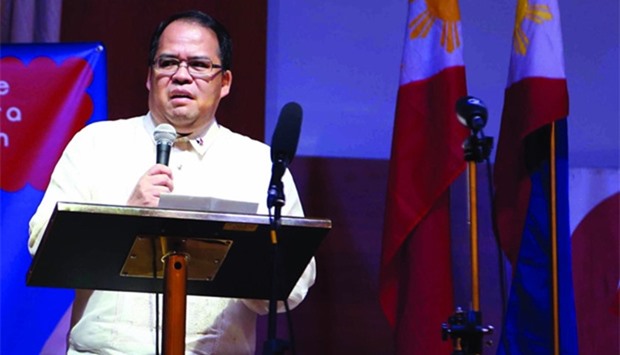In a circular sent to members of the Filipino community, ambassador Wilfredo Santos noted that the Filipinos concerned will also be required to present a valid Philippine Regulation Commission (PRC) licence as a mandatory requirement of Qatari Law No.19 of 2005.
The announcement came from the chairman of the Engineers and Consulting Offices Accrediting Committee of Qatar’s Urban Planning and Development Authority (UPDA).
“Applicants whose schools are on the UPDA list of accredited schools may be allowed to take the registration exam, provided they are able to present a valid licence, among other required documents,” he said. As of January, the UPDA had only 92 universities and colleges on its current list.
In her recent visit to Doha, Commission on Higher Education chairperson Patricia B Licuanan vowed to submit an expanded list (around 500 names) to Qatar authorities, including the Ministry of Education and Higher Education.
Santos said everyone (including Qataris who studied abroad) is assessed on the basis of 12 year basic education cycle under the current assessment process of equivalency in Qatar.
While the host country requires applicants to have 12 years of basic education, Qatar is “in the process of putting together a national qualifications framework which will focus more on learning outcomes rather than the number of years.”
Under this framework, Qatar’s Education Minister noted that a bachelor's degree completed abroad will be assessed based on a set of criteria and measures rather than the number of years.
The framework is expected to be finished within four months before it will be presented to the cabinet for approval. Once approved, a Qatari delegation will be visiting Philippine colleges and universities in the middle of the year.
Licuanan earlier said that the Qatar government has no intention of laying off or losing Filipino engineers and architects.
Failure to pass the exam will not mean retrenchment but a downgrade or change of title or position.

